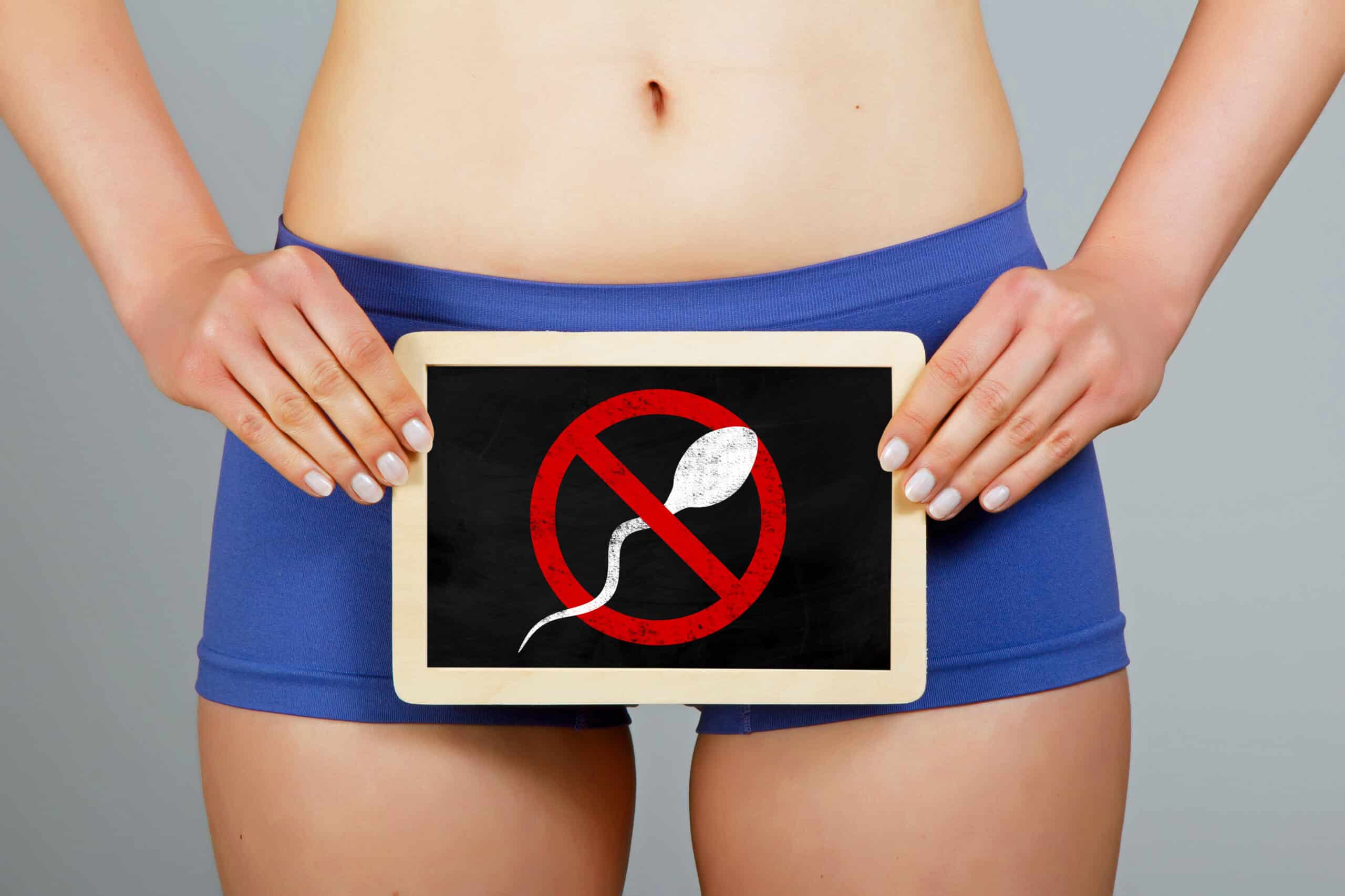Rebecca Weiss, an industrial design graduate from the University of Munich, took out the top prize at Germany’s James Dyson Awards for the ultrasound-based contraception for men.
Named COSO, the device uses ultrasound deep heat to cause sperm mobility in the testicles to be modified and temporarily cease.
It means the female egg cannot be fertilised by sperm during sex, with users simply needing to use the device every few months for the contraception to take effect
The hormone free and reversible contraception, which involves putting the testicles inside an ultrasonic ‘bath’, must be used for the first time under doctor’s supervision and takes two weeks to take effect.
COSO’s contraceptive effects last a maximum of six months from the last time of use.
Ms Weiss said she came up with the idea after being diagnosed with precursor cervical cancer. She had been taking the oral contraceptive pill, which can give women who have taken it for a prolonged period a slightly higher chance of having cervical cancer.
“When my partner and I were looking for an alternative method, we became aware of the lack of male contraceptives,” she said.
“This problem is not unique to me personally, it affects many others as well as is made evident in the current growing public discussion about the lack of contraceptive alternatives.
“So, I decided to explore the development of a new contraceptive approach for men in my master thesis in Industrial Design at the Technical University in Munich.”
While there are multiple birth control methods available for women such as the pill, IUDs and the contraceptive implants, contraception for men remains limited.
The main methods are either condoms, which can also prevent STIs from spreading, or a vasectomy, which involves surgery and offers a permanent solution.
While research suggests many men would be open to taking a contraceptive pill – one survey found over 50 per cent of respondents were open to the idea – progress on developing it has been slow.
But, according to the Australian Academy of Science, “the primary barrier in the development of a male contraceptive is the fact that pharmaceutical companies are reluctant to invest in developing a product that they see as low profit and potentially high risk”.
Ms. Weiss said she now hopes to get funding so that clinical trials can take place.
“COSO offers a user-friendly contraceptive method that is easy to use, without any physical intervention, pain or any known side effects,” she said.
“But without valid data, the project cannot be realised.”
Winning the German division of the James Dyson Award saw Ms Weiss awarded $3690 in prize money.
COSO was also chosen as one of 20 short-listed finalists who are now in the running for $55,358 which will be given to an international winner of the James Dyson Award.
The winner will be chosen by James Dyson personally and announced on November 17.




